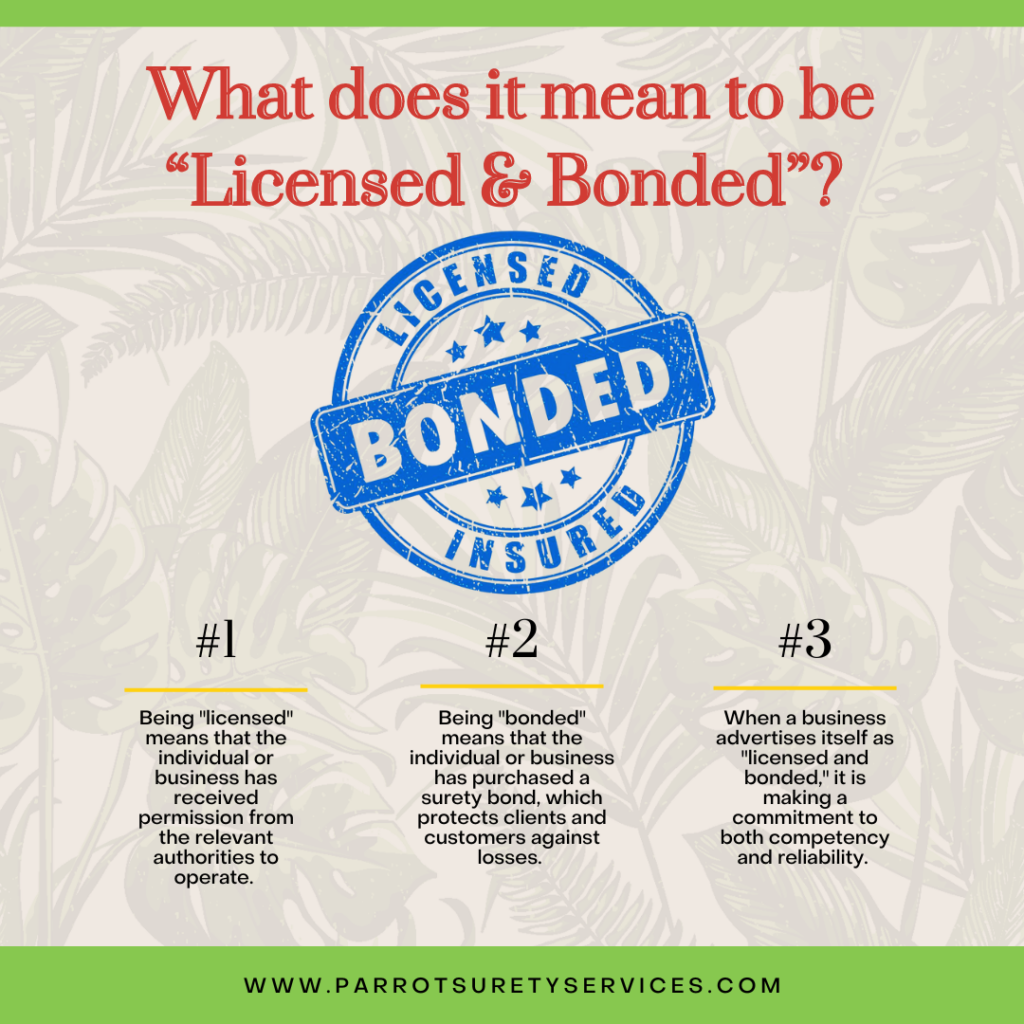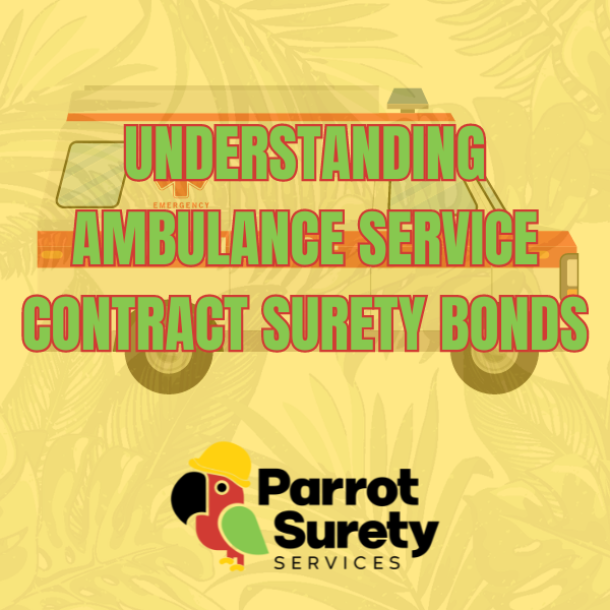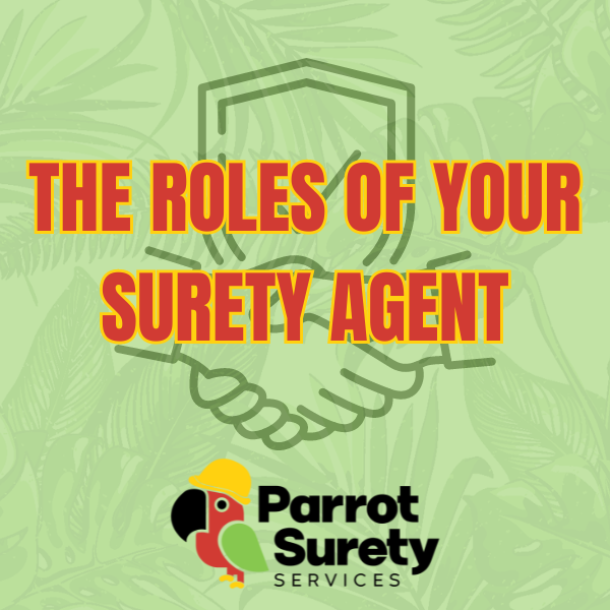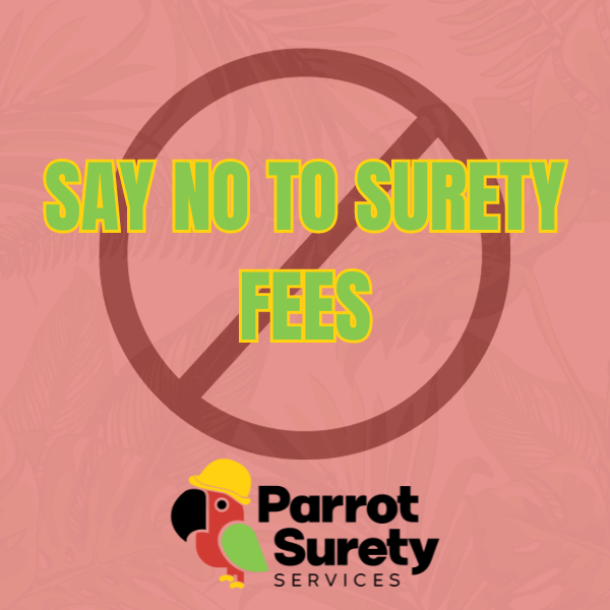What Does It Mean to be “Licensed & Bonded”?
What Does It Mean to be “Licensed & Bonded”?
| What Does It Mean to be “Licensed & Bonded”? In many professions and industries, being “licensed and bonded” is a way to show customers and clients that the business or individual operates at a certain standard of reliability and professionalism. Each of these terms—licensed and bonded—has a specific meaning: Licensed Being “licensed” means that the individual or business has received permission from the relevant authorities to operate. This usually involves passing certain tests to prove competency in the field, adhering to specific regulations, and often paying a fee. Licensure is often a legal requirement for professions that have a significant impact on public health, safety, or well-being—such as medicine, law, and various types of construction and repair services. The licensing process is often regulated by state or federal agencies, and being licensed assures clients and customers that the service provider has met certain minimum standards set by the governing body. These standards can relate to both the skills and knowledge required to do the work, as well as ethical and business practices. Bonded Being “bonded” means that the individual or business has purchased a surety bond, which protects clients and customers against losses. These losses could be a result of the service provider’s actions, such as failing to complete a job as agreed, theft by employees, or not paying necessary permits or subcontractors. If the business fails to deliver on the service or causes financial loss to the client, the bonding company can compensate the client for the losses up to the bond amount. Bonds are often required by governing bodies as a condition for granting a license, but they can also be used voluntarily to instill greater confidence in clients and customers. Together When a business advertises itself as “licensed and bonded,” it is making a commitment to both competency and reliability. The license shows that the service provider has met the minimum skill and ethical requirements to operate, as deemed by a governing body. Being bonded provides a financial safeguard against potential losses that the customer might incur due to the service provider’s actions. This combination often adds an extra level of trust and peace of mind for the client, helping them feel more secure in their decision to engage with that particular business or individual. If you have any questions on being licensed and bonded or would like a surety professional to help manage and advise your bond program, contact any surety specialist of the Parrot Surety team today! |

| What Does It Mean to be “Licensed & Bonded”? In many professions and industries, being “licensed and bonded” is a way to show customers and clients that the business or individual operates at a certain standard of reliability and professionalism. Each of these terms—licensed and bonded—has a specific meaning: Licensed Being “licensed” means that the individual or business has received permission from the relevant authorities to operate. This usually involves passing certain tests to prove competency in the field, adhering to specific regulations, and often paying a fee. Licensure is often a legal requirement for professions that have a significant impact on public health, safety, or well-being—such as medicine, law, and various types of construction and repair services. The licensing process is often regulated by state or federal agencies, and being licensed assures clients and customers that the service provider has met certain minimum standards set by the governing body. These standards can relate to both the skills and knowledge required to do the work, as well as ethical and business practices. Bonded Being “bonded” means that the individual or business has purchased a surety bond, which protects clients and customers against losses. These losses could be a result of the service provider’s actions, such as failing to complete a job as agreed, theft by employees, or not paying necessary permits or subcontractors. If the business fails to deliver on the service or causes financial loss to the client, the bonding company can compensate the client for the losses up to the bond amount. Bonds are often required by governing bodies as a condition for granting a license, but they can also be used voluntarily to instill greater confidence in clients and customers. Together When a business advertises itself as “licensed and bonded,” it is making a commitment to both competency and reliability. The license shows that the service provider has met the minimum skill and ethical requirements to operate, as deemed by a governing body. Being bonded provides a financial safeguard against potential losses that the customer might incur due to the service provider’s actions. This combination often adds an extra level of trust and peace of mind for the client, helping them feel more secure in their decision to engage with that particular business or individual. If you have any questions on being licensed and bonded or would like a surety professional to help manage and advise your bond program, contact any surety specialist of the Parrot Surety team today! |






